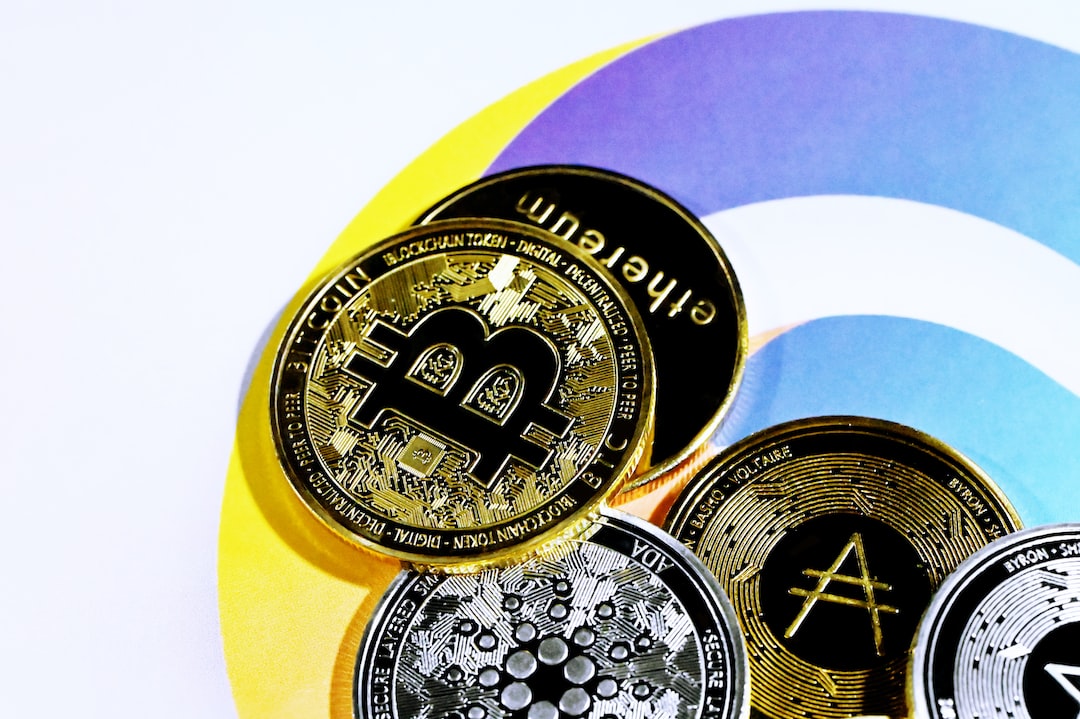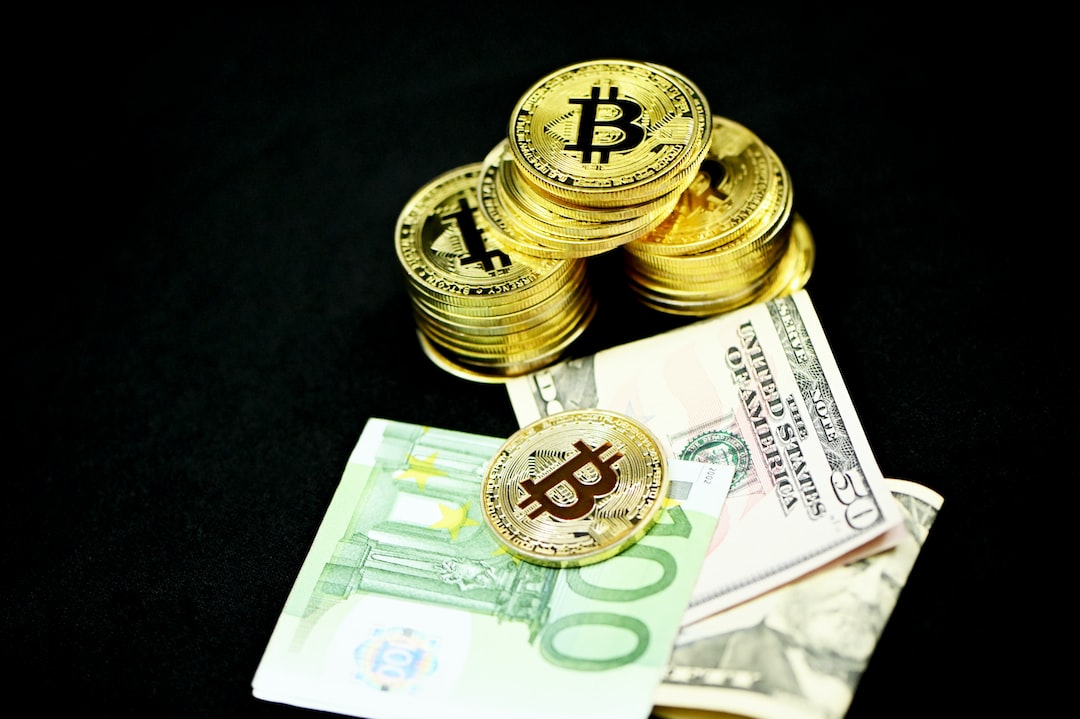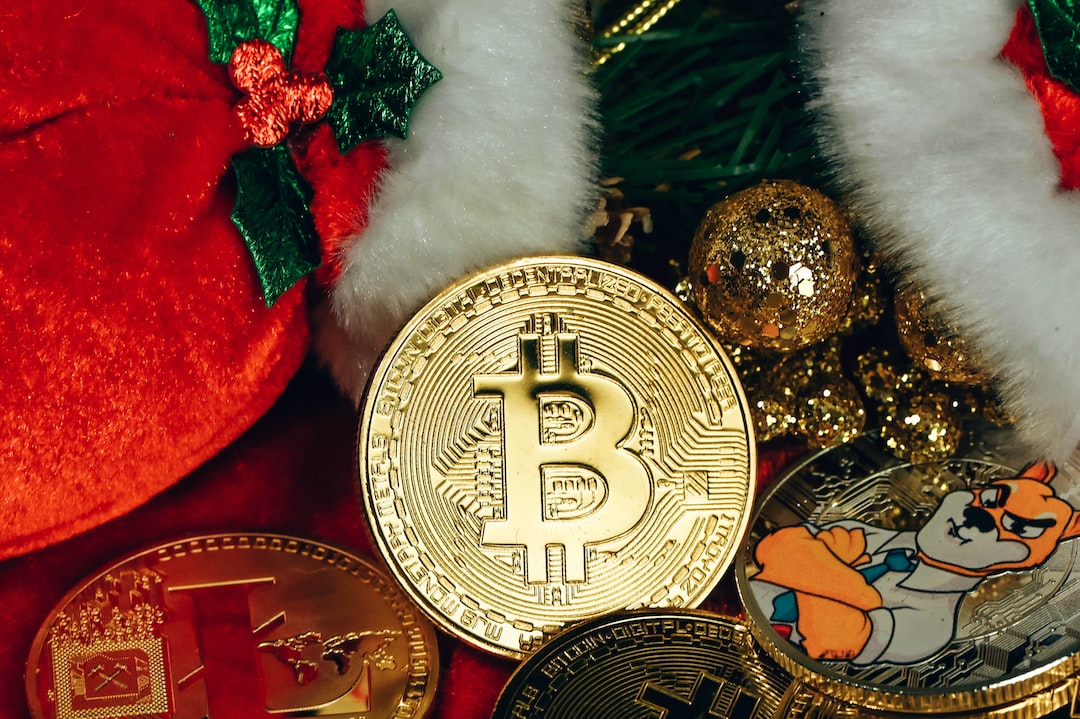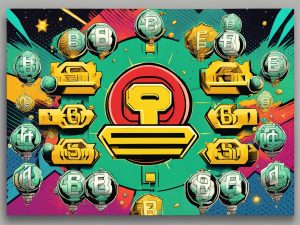**Deutsche Post Introduces NFT Stamps**
Deutsche Post, the German postal service, is set to release its first limited-edition collectible stamp on November 2, 2023. Each stamp will come with a digital image in the form of an NFT that represents ownership of the stamp. The initial stamp will feature a pixelated image of the Brandenburg Gate generated by AI. This move by Deutsche Post demonstrates its recognition of the potential of NFT technology to innovate and market its products and services. While it remains to be seen if the NFT stamp collection will be a commercial success, it represents a significant step for Deutsche Post as it expands into the digital world.
**Lufthansa Launches NFT Loyalty Program**
Lufthansa, in collaboration with its frequent flyer program Miles & More and Lufthansa Innovation Hub, has developed the Uptrip mobile application on the Polygon network. This app allows passengers to turn their travel experiences into NFTs, which can then be redeemed for rewards such as mileage bonuses and business lounge vouchers. Since its launch, the app has garnered significant interest, with over 20,000 registered users and more than 200,000 collectible cards issued. The app also plans to introduce a digital marketplace in the future where users can trade and sell their NFTs.
**Adidas and Hugo Boss Embrace NFTs**
German apparel companies Adidas and Hugo Boss are utilizing NFTs to engage with their communities in innovative ways. Adidas has introduced limited-edition NFT sneakers that users can showcase in virtual environments, allowing them to express their love for the brand in the metaverse. They have also launched a Web3-based digital artist-in-residency program called The Adidas /// Studio to support creators in the NFT space. Hugo Boss, on the other hand, has collaborated with digital fashion designers to create exclusive NFT clothing items that can be worn by avatars in virtual worlds.
**Mercedes-Benz Explores NFTs**
Mercedes-Benz has ventured into the Web3 space with the launch of Mercedes-Benz NXT. They have released three NFT collections, with the most recent being The Era of Luxury. These digital collectibles are reinterpretations of iconic designs from different eras of the brand’s history. This move allows Mercedes-Benz to blend the digital realm with automotive design and engage with its dedicated following of nostalgia enthusiasts and collectors.
**German Food Brands Enter the NFT Space**
German chocolate brand Ritter Sport has launched a limited series of digital chocolate bars as NFTs called Art of the Square. Other German food brands like Katjes and Haribo have also embraced NFTs. Katjes released NFT collections featuring unicorn babies, while Haribo has filed for NFT trademarks in the United States, indicating its plans to expand its brand into the digital world. These creative marketing strategies allow these brands to reach a tech-savvy audience and experiment with new concepts that bridge the virtual and physical worlds.
**Hot Take: Traditional German Brands Embrace NFTs for Marketing**
Traditional German brands like Deutsche Post, Lufthansa, Adidas, Hugo Boss, Mercedes-Benz, Ritter Sport, Katjes, and Haribo have all recognized the potential of NFTs as a mainstream marketing tool. They are using NFTs to engage with their communities, bridge the virtual and physical worlds, and build new connections with customers. This shift in perception highlights the growing acceptance of NFTs beyond just an investment opportunity and their ability to innovate and market products and services in unique ways. As more traditional brands embrace this technology, we can expect to see further experimentation and adoption of NFTs in various industries.





 By
By
 By
By
 By
By
 By
By
 By
By
 By
By